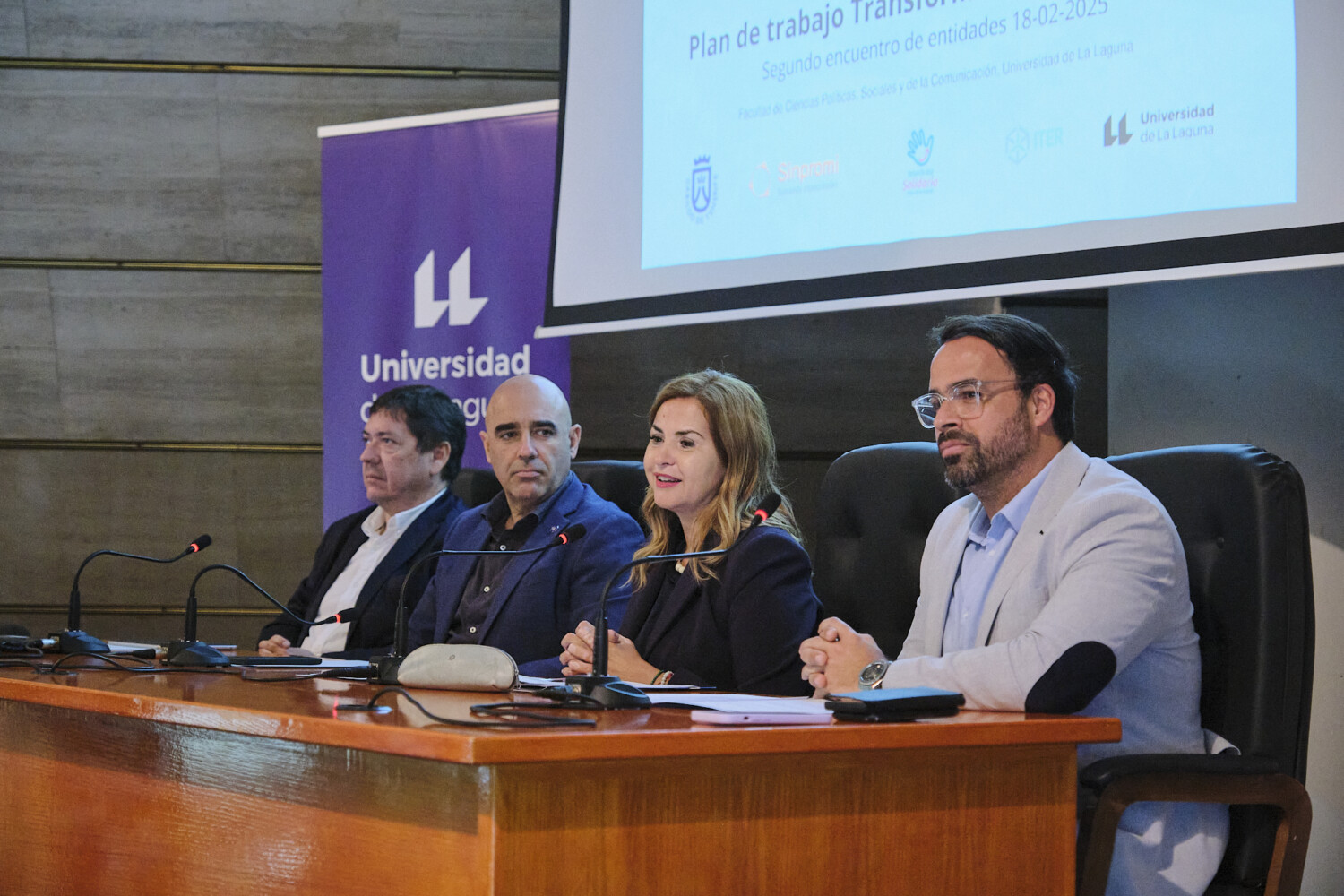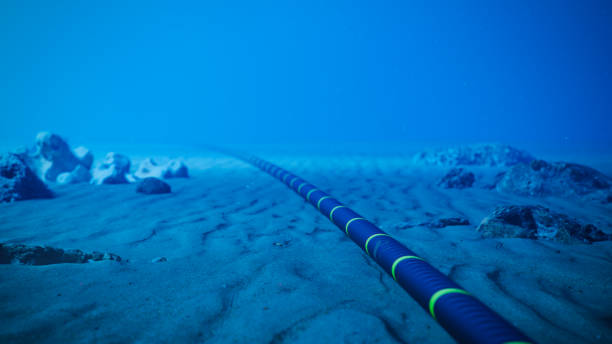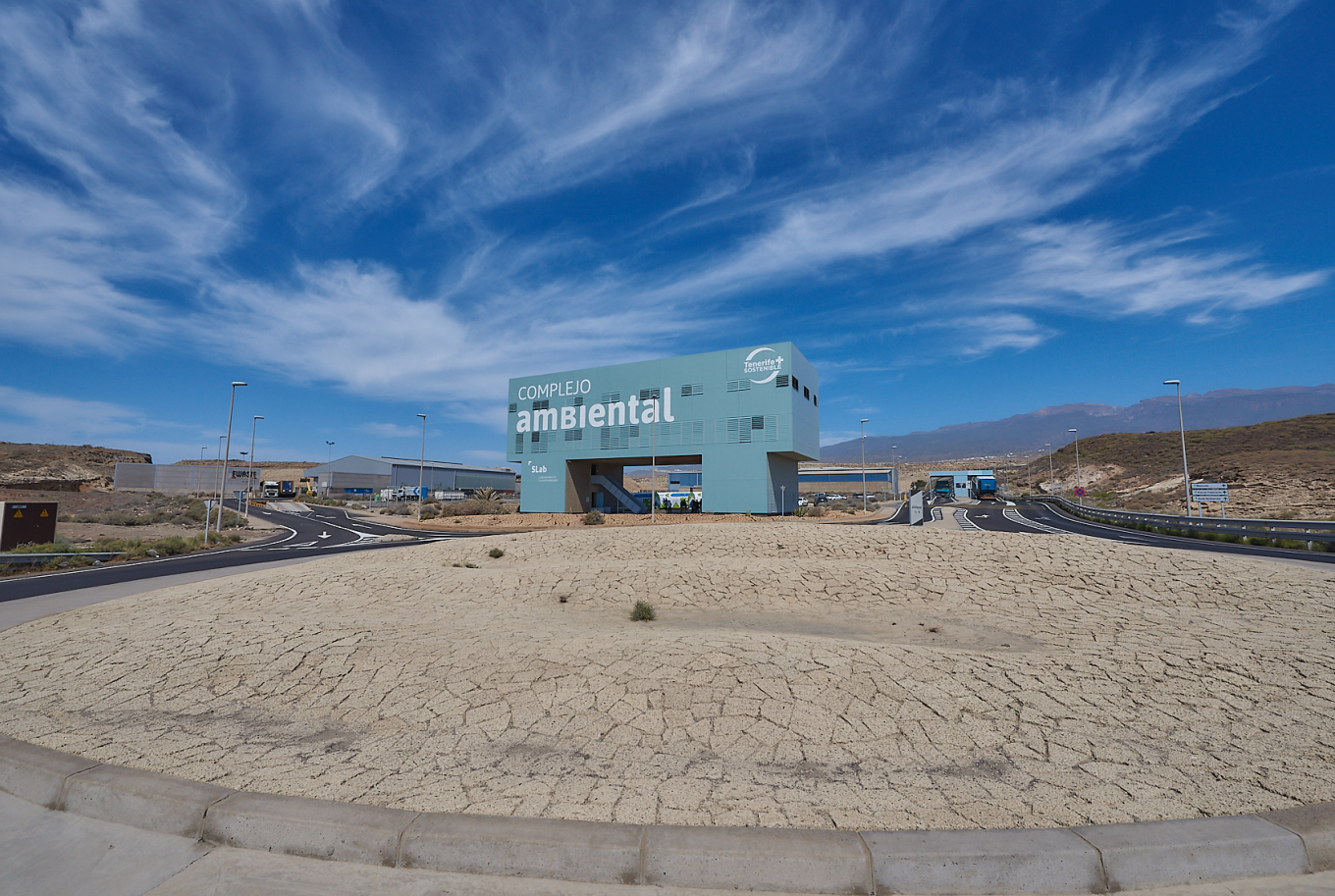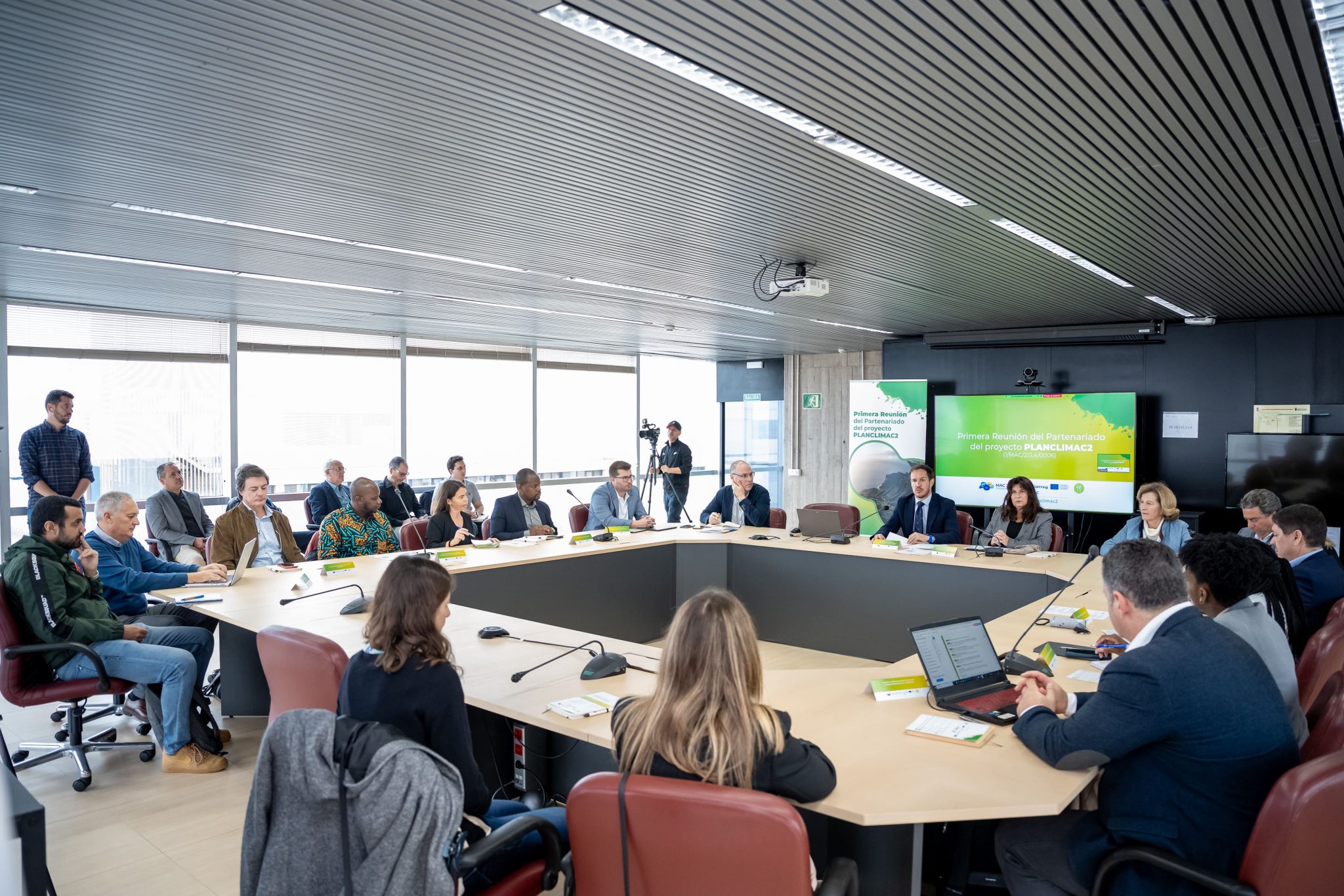The Deputy Minister of Education of the Government of the Canary Islands, José Manuel Cabrera, knew first hand the work developed by ITER, which each year receives more than ten thousand students in the framework of the visits offered to the schools dependent on the Ministry.
The Instituto Tecnológico y de Energías Renovables (ITER) has received the visit of the Deputy Minister of Education of the Government of the Canary Islands, José Manuel Cabrera, with the aim of strengthening ties and working together to improve educational research and innovation initiatives. Accompanied by the CEO of ITER, Begoña Ortiz, Cabrera knew first hand the work developed in the institute.
With special attention to science and technology dissemination actions for Canarian students, Cabrera and Ortiz toured the facilities of the research center, accompanied by the scientific head of the Genomics Area, Carlos Flores; the coordinator of the Genomics Area, José Miguel Lorenzo; the coordinator of the Technology Area, Jesús Rodríguez, and the head of Supercomputing, Jonatán Felipe.
Every year, ITER receives the visit of more than ten thousand students, as a result of the cooperation agreement signed between the Cabildo of Tenerife and the Department of Education, Vocational Training, Physical Activity and Sports, directed by Poli Suárez, not only to promote among the students the knowledge of R+D+i projects, but also to promote research in renewable energies, engineering, telecommunications, environment and genomics in the educational field.
Specifically, two professors are on secondment developing educational innovation projects both at ITER and at the Volcanological Institute of the Canary Islands (INVOLCAN), both entities dependent on the Tenerife Island Council.
Cabrera acknowledged “the great work done by this team and the pride of having scientific-technological facilities of this category in our archipelago”. The Deputy Minister was able to learn about the details of the guided tours offered to schools on all the islands, from educational facilities such as the Visitor Center, the Bioclimatic Houses Development or the Renewable Energy Walkway.
Also the Massive Sequencing Laboratory of the Genomics Area, coordinated by José Miguel Lorenzo, one of the seconded professors, or the D-ALiX High Availability Data Processing Center, which support and promote research and R&D projects for sustainable development.
This visit confirms the commitment of the Government of the Canary Islands and Canary Islands public entities, such as ITER, to work together to improve the quality of education and innovation in teaching.





